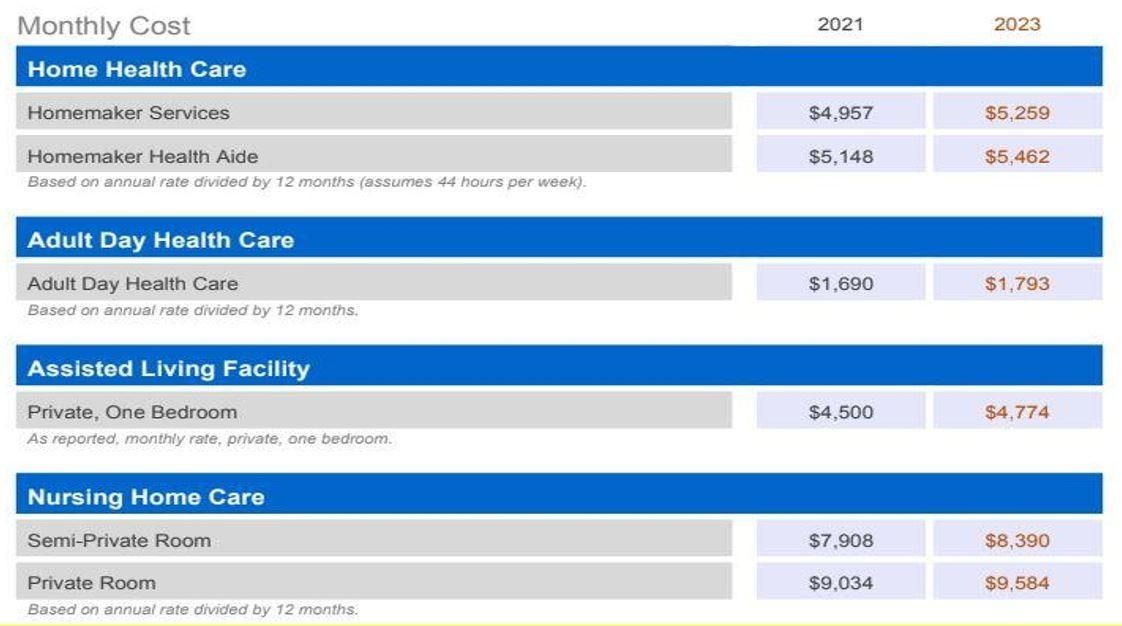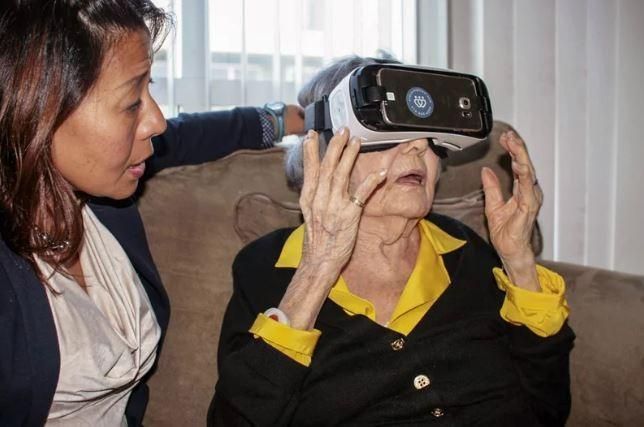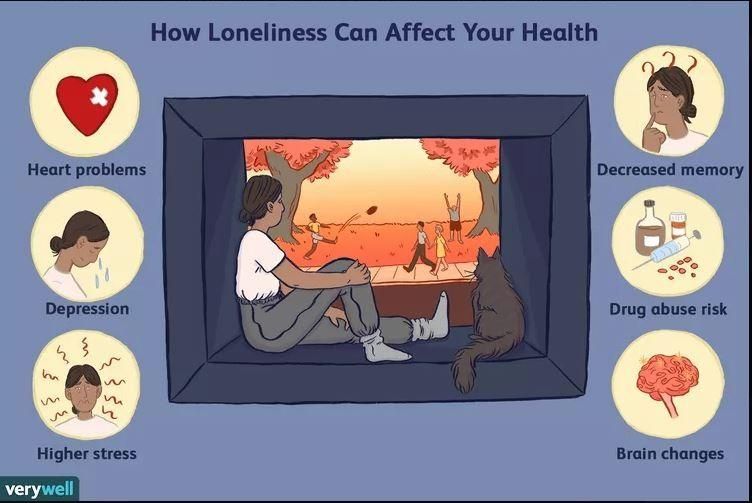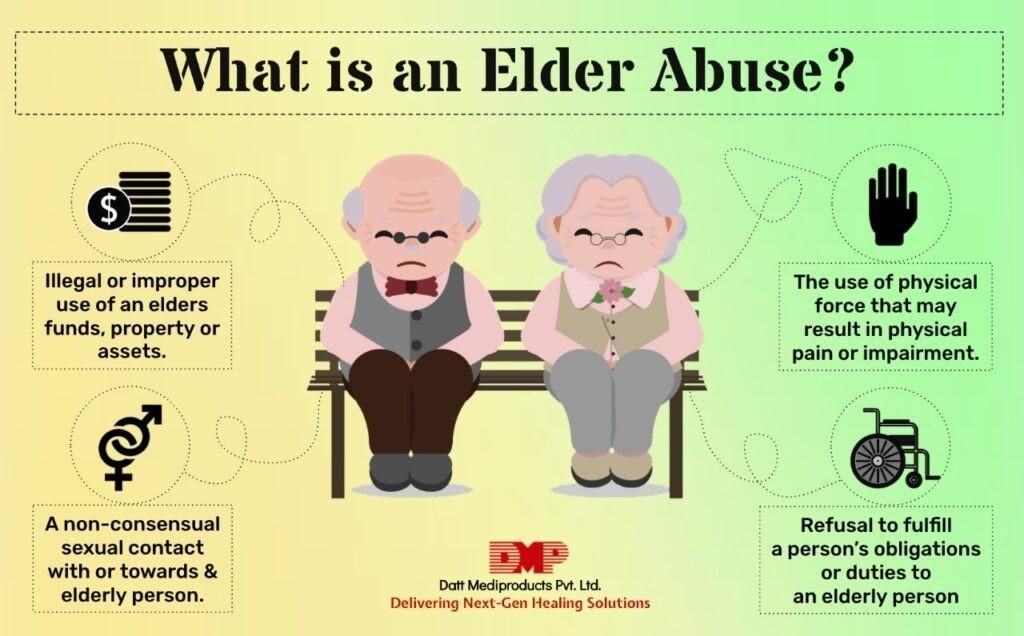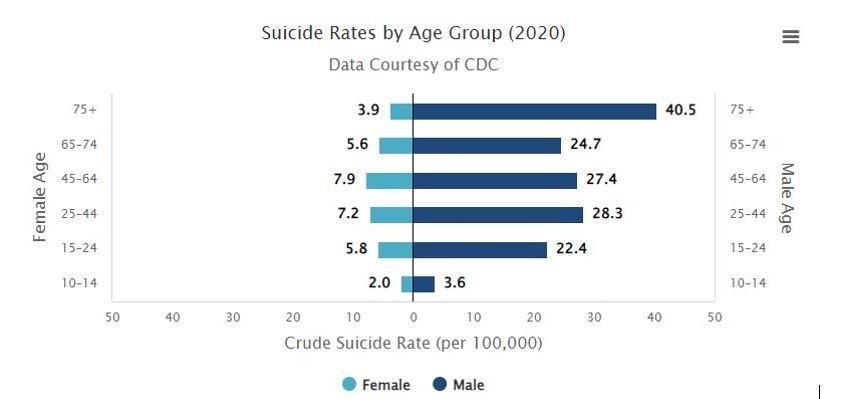September 15, 2024
Loneliness in older adults can be devastating however is treatable. I have seen people suffering from depression and isolation turn around and thrive through social engagement and purpose. Many people are unaware of their lack of purpose and available solutions. Social isolation and loneliness significantly impact the health of anyone, especially older adults. Here are some ways it can affect them: Mental Health : Social isolation and loneliness can contribute to increased rates of depression, anxiety, and cognitive decline among elders. Lack of social interaction and meaningful connections can often lead to feelings of sadness, hopelessness, and worthlessness. Physical Health : Elders who are socially isolated or lonely are at higher risk for various physical health problems. They may have compromised immune systems, higher blood pressure, increased inflammation, and poor sleep quality. Loneliness can contribute to a higher risk of cardiovascular disease, dementia, and even mortality. Quality of Life : Social isolation and loneliness can significantly diminish elders' overall quality of life. They may experience a lack of companionship, emotional support, and intellectual stimulation. It can lead to feelings of boredom, emptiness, and a reduced sense of purpose. Cognitive Function : Studies suggest that social engagement and interaction are vital in maintaining cognitive function in older adults. Lack of social stimulation and loneliness can contribute to cognitive decline and an increased risk of developing conditions such as Alzheimer's. Increased Healthcare Utilization : Elders who are socially isolated or lonely may rely more on healthcare services. The lack of social support networks can increase visits to healthcare providers, emergency departments, and hospital admissions. Addressing social isolation and loneliness among elders is crucial. Encouraging social connections, facilitating community engagement, providing opportunities for social activities, and promoting intergenerational interactions can help mitigate these harmful effects. Effective strategies to address social isolation and loneliness among elders: Community Engagement : Encourage elders to participate in community activities, such as senior centers, clubs, or hobby groups. These provide opportunities for social interaction and engagement with similar interests. Volunteer Opportunities : Volunteering allows elders to contribute to their community while connecting with others. It provides a sense of purpose and fulfillment, fostering social connections and combating loneliness. (Find Local helper org) Intergenerational Programs : Promote interactions between elders and younger generations. This can be done through intergenerational programs that involve schools, daycare centers, or community organizations. Activities like reading programs, mentoring, or shared hobbies can bridge the generation gap and create meaningful connections. Technology and Digital Literacy : Encourage elders to embrace technology and learn basic digital skills. This can help them stay connected with family and friends through social media, video calls, or online communities. Virtual platforms can provide opportunities for social interaction even when physical proximity is impossible. Transportation Assistance : Lack of transportation can contribute to social isolation. Provide transportation options or support for elders who may have difficulty getting around. Adequate transportation can enable seniors to attend social events, visit friends and family, and engage in community activities. Supportive Networks : Establish support networks within communities for elders, such as buddy systems or befriending programs. Volunteers or trained individuals can regularly check in on isolated elders, offer companionship, and provide assistance when needed. Home Visiting Programs : Implement home visiting programs where volunteers or professionals visit isolated elders in their homes. These visits can include social interaction, conversation, and assistance with daily tasks, reducing feelings of loneliness. Mental Health Services : Offer access to mental health services for elders experiencing loneliness and depression. Counseling, therapy, or support groups can provide a safe space for expressing emotions, developing coping strategies, and fostering social connections. Family and Social Support : Encourage family members and friends to maintain regular contact with elders. Regular visits, phone calls, or video chats can provide companionship and emotional support. It is essential to address each situation based on an individual basis. Combining the strategies above can address social isolation and loneliness among elders, promoting their overall well-being and quality of life. Caring Neighbors, Meals on Wheels, the Retired Senior Volunteer Program, and other similar groups can make a positive difference in spotting these situations and helping relieve debilitating conditions. To receive your free Personal Priority Planner , go to https://lucasadvisor.com/
